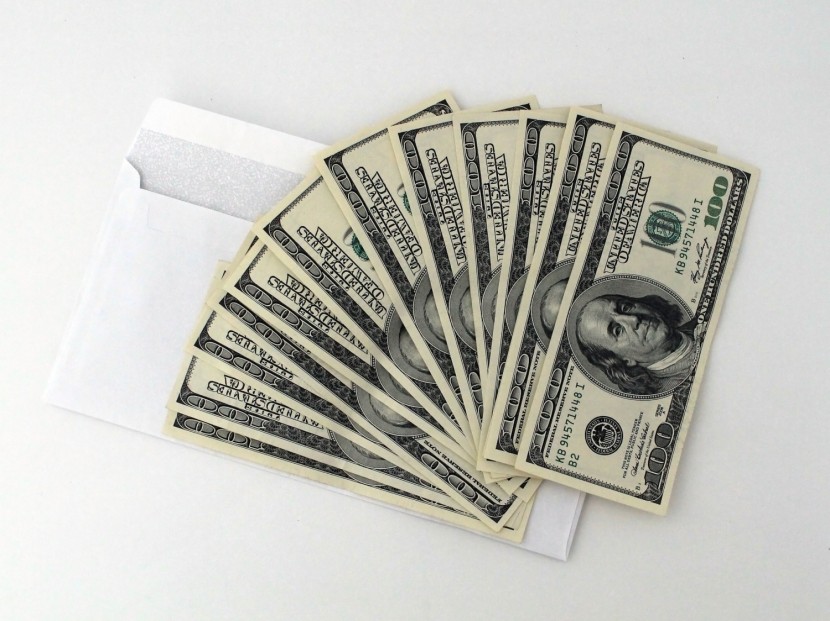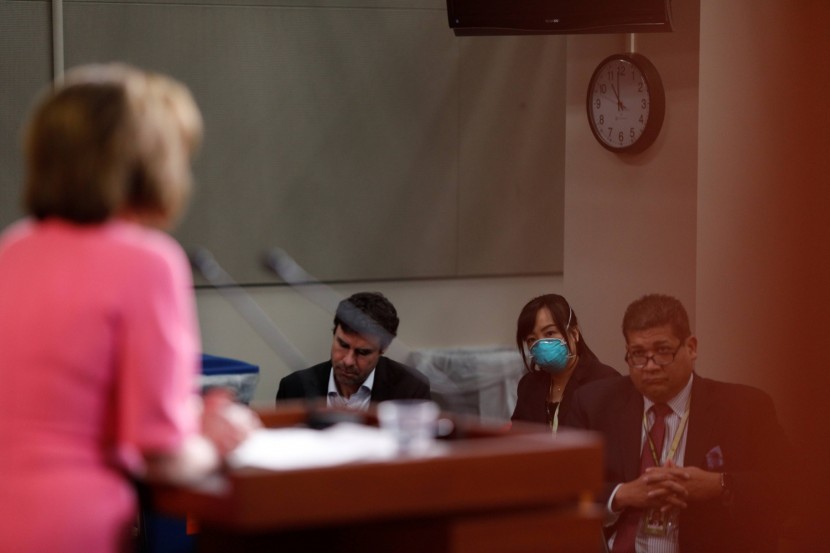
As the coronavirus continues to cripple the US economy, millions of people are suffering from financial problems amid the outbreak and are urgently waiting for the financial help from the government in the form of direct cash payments.
On Friday, the house is expected to follow suit on the passing of the bill which allocated $2 trillion emergency economic package that includes the direct cash payments which would aid the people across the states as they face the crisis. This is part of the bipartisan deal between President Trump and Congressional leaders which they announced Wednesday.

With this, several questions arise regarding the direct cash payments including the amount that they will receive, who are eligible and how the money will be sent. Thus, we compiled and answered the Frequently Asked Questions about the direct cash aids.
How much will the direct cash payment be?
The amount of the direct cash you will receive will depend on how much money you make. People who made less than $75,000 last year will be eligible for the full payment of $1,200, while couples made less than $150,000 jointly will get $2,400. In addition, a "head of household" who earned $112,500 or less last year will receive $1,200.
If there are children in the household, for each child a there will be an additional $500.
For those who made more than $75,000, the payment will reduce $5 for every $100 that exceeds the limit. Thus, if one made $80,000, he or she will only receive $900 in direct cash. Using the same calculations it means that an individual who earned $99,000 or a couple who made $198,000 jointly and above will not be receiving the aid.
When will the money arrive?
On Wednesday, Treasury Secretary Steven Mnuchin said that the checks will be sent "within three weeks" for those who have filed taxes and those whom the International Revenue Service already has information. There is also no need to sign up to receive the payment, especially if you have been working and paying taxes since 2018.
The IRS also asked people not to call with a question, but should check their website for announcements and updates. Moreover, the Treasury Department also said that they will have a public awareness campaign about the program including for those who did not file tax return for 2018 or 2019.
How will the money be sent?
For people who got a tax refund in the past two years by direct deposit will receive the money the same way. For those who have not, the IRS will mail the check to the receiver's "last known" address and will notify the receiver the amount and method of payment. They will also appropriate a point of contact or send a phone number in case the check is not received.
The IRS also noted that if one recently moved and changed residence, it is best to notify them as soon as possible.
Who are eligible to receive cash?
Anyone who has a Social Security number and is living and working in the United States is eligible to receive the relief payments, except those whose incomes are above the limit.
The eligibility also applies to those who were not able to pay taxes in 2018 or 2019 but received a Form SSA-1099 from 2019.
Students who were declared as their parents as dependents will not receive the relief payment. However, those who have been working and have been filing their own taxes independently are qualified.
For non-American citizens in the US, as long as they work and live in the country with a valid SSN, including green card holders, those on working visas will still receive the aid.
There is also a special provision on the bill that ensures that people in U.S. territories outside the country and with a different tax system also receive direct cash.
Related article: Trump Asks for South Korea's Help to Tackle Coronavirus
© 2026 HNGN, All rights reserved. Do not reproduce without permission.








